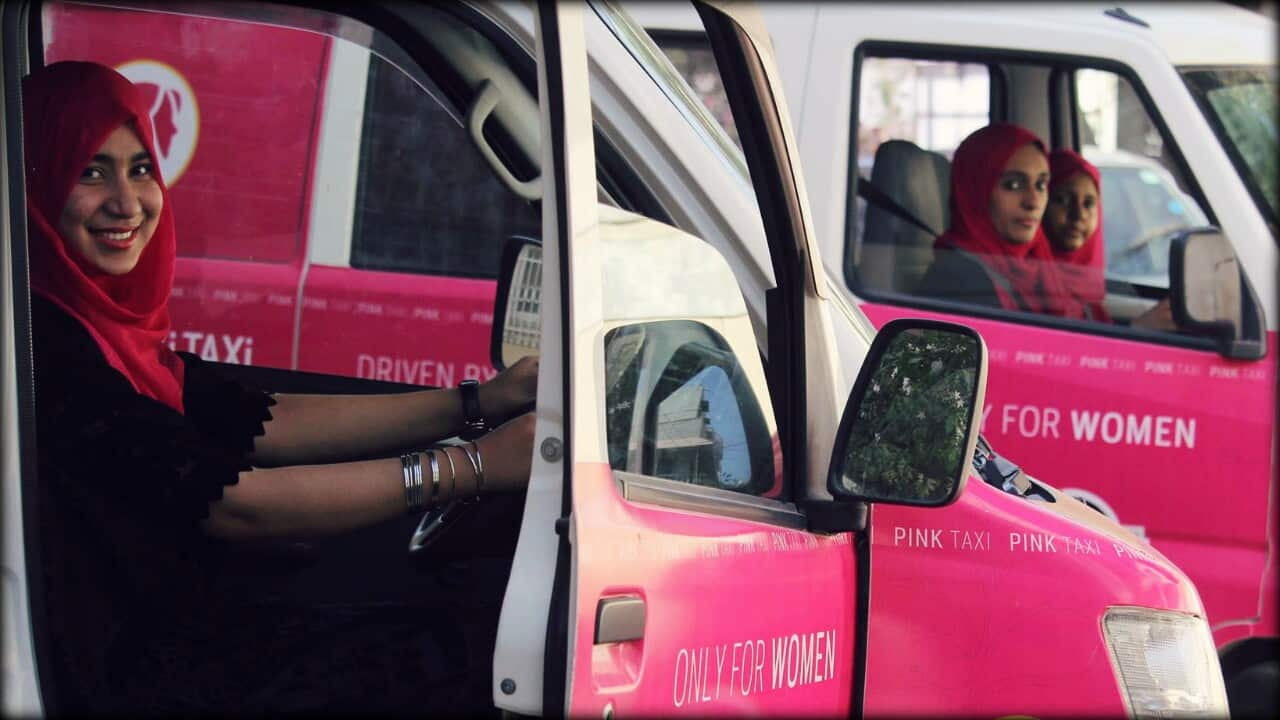I first time I really travelled alone was not entirely by choice.
I had a visa to renew and to renew quickly. This required a fast exit from the country I was in. I found myself scouring the internet for the easiest and cheapest travel destination. Paris flickered up on my screen, with a cheap fare attached. I clicked on it and booked it, not knowing what to expect from my impromptu holiday.
The next moment, I was pressing the buzzer of an Airbnb in Paris.
At first, I chafed against my status as a solo traveller. I longed for someone to share my every observation with and share the safety of navigating new terrain.
But soon I realised that the absence of a travel buddy is not always a bad thing. It created a space for unexpected encounters. A chance encounter in a café leads to a French pianist playing me Chopin. Helping my elderly Airbnb neighbour up the stairs with her groceries leads to an invitation to my first ever home cooked French meal.
When women travel and write, we see different versions of the world.
The more open I am to the world, the more I find the world responds to me.
That said, open to the world I may be, I still make sure to dutifully send off a text each day keeping my loved ones up to date on my whereabouts.
As I send my daily message, I am reminded of all the text messages I have sent and received over the years containing one word: home.
It’s a ritual nearly all women engage in after a night out. Once you get that text, then you know you can go to sleep. Until then, you better keep an eye on that lock screen.
It is actually amazing to consider the elaborate systems that women have developed in order to simply exist. Walk with your keys in your fist as you make that treacherous late-night journey from the train platform to your car. Don’t put your real address into Uber. Forget about travelling the world - this is just to get through a regular day.
Earlier this year a investigation shared stories of women travelling solo, adventuring and discovering the world who take every precaution only to be met by violence and sometimes even death.
Thinking about the violence that women can face when they travel abroad where they often lack the situation awareness you naturally develop at home is enough to make any female solo traveller want to put away her suitcase away.
This problem is magnified for women of colour, who travel without male and race privilege.
For women from conservative families, they are often fighting a dual battle. They’re told that a women’s place is at home, safe from a hostile world which often, sadly, proves them right.
But travel and adventure have a purpose beyond dreamy Instagram scapes and hashtags. It is a political act of laying claim to the world.
This problem is magnified for women of colour, who travel without male and race privilege.
Earlier this year I was sitting crossed-legged in the lounge of an Indian-Australian foreign correspondent friend of mine. We were sipping tea and talking about travel and the writers we loved reading growing up. We were struck by the white privileged male gaze that made us feel pity for our younger enamoured selves.
I think we might have been too quick to judge ourselves. It’s hard to conceive of another narrative for yourself when certain narratives are elevated above others.
That is not to say we cannot find meaning and value in these works, but they also cannot be separated from their origin, and the context of conquest and empire.
You only need to read the travel missives of Winston Churchill to see this. Churchill referred to Indians as ‘beastly people with a beastly religion’ and characterised his time in the army as ‘scurrying about the world from one exciting scene to another’ in the days when ‘England had a lot of jolly little wars against barbarous peoples’.
For Churchill, the world was his personal playground and people of colour expendable extras.
Travel is a chance for women to experience the liberty, freedom and pleasure that was once just considered the inheritance of white men. When women travel and write, we see different versions of the world.
When poet and writer Maya Angelou lived and travelled in Egypt as a journalist in 1961, every observation detailed in her memoir The Heart of Woman is tinged with her lens as a black woman who grew up the segregated American south.
At a women’s only party when a female dancer is encouraged by the crowd and celebrated with joyous laughter, she notes that the delight in these female parties was not unlike “the pleasure older black American women found in other women’s sexiness”. She is “tickled that African women and black American women had the custom in common”.
Angelou centres the experiences of women, which is why her writing, travel and adventure filled life have charted the course for so many others to live in the most lush, dense and rich way they can.
This is why I write my own travel narrative, where I’m not just an extra but the main event.
The world might be hostile, and still unsafe for women solo travellers, but we are the ones who have to remake it.
This article is part of SBS Voices emerging Muslim women writers’ series. If you have a pitch, please contact [email protected].




